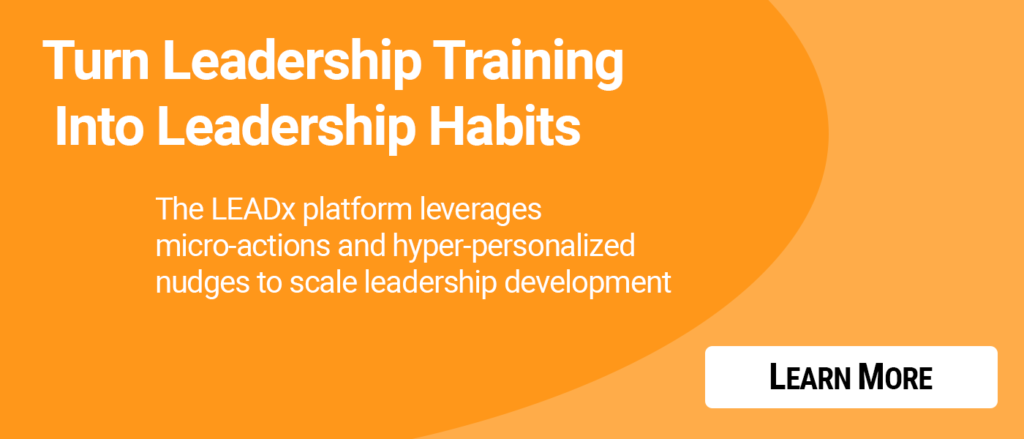
How can you be a high achiever, and avoid the danger of spreading yourself too thin?
We tend to associate high-achievement with juggling multiple projects while maintaining a “never stop” attitude. This often leads to stress, burnout, and poor work quality. So how can we be high-achievers that deliver valuable work, without feeling overworked and overwhelmed?
Morten Hansen, Ph.D. is a management professor at U.C. Berkeley, who has been honored by Thinkers50 as one of the top management thinkers in the world. He's the co-author, with Jim Collins, of the New York Times bestseller, Great By Choice, and his new book is Great At Work: How Top Performers Work Less And Achieve More.
I recently interviewed Dr. Hansen to discuss his latest book, how to properly obsess, and the right way to say “no.” (The interview below has been lightly edited for space and clarity.)
Kevin Kruse: In your new book Great At Work: How Top Performers Work Less And Achieve More you say “Do less, then obsess.” What do you mean?
Dr. Morten Hansen: “Do less, then obsess,” really has two components to it.
The first component is that you need to have that focus, which means choosing a set of priorities and how important that is. The top performers in my day, they were really hyper-focused in that sense, but that is not enough. You also need to go all in on those few things you focus on. You can't just apply average effort. They need to be intense, targeted effort.
It's a two-step process: being very good at prioritizing, and then dedicating all your resources and your fanatic attention to detail into excelling in those few things. I call that “Obsess on purpose,” because obsession sounds a little harsh. You need to obsess, but you really need to dedicate yourself to excel in those few things. That's what I mean by that obsession.
Kruse: It’s similar to the classic motivation question, “Is this going to help me towards my goal or not?” If yes, do it. If no, don’t do it.
Hansen: Exactly. You've got to have that very clear set of priorities. You mentioned the word “no.” If you're going to focus, you have to be able to say no. I think it's got to be one of the most important professional skills for people. I also would say, especially when you're starting out in your career, when you are looking to advance, maybe from a midpoint to more senior roles, at that point in your career, many people, including myself when I started out, think that the best way is to say “Yes”. Please your boss. Please your colleagues. Please the senior staff. The more you can say yes and then deliver, the more they're going to say, “Well, there's a team player. There's a good colleague,” and then you get promoted. That's a very dangerous strategy, because when you say yes too often, it's going to come back to hurt you, because at some point you're going to spread yourself too thin, and that means that your quality of work is going to go down, and then people are going to start noticing.
Kruse: Practically speaking, what could somebody do to say “no” to their boss?
Hansen: Here's the practical advice. Let's say you're working on two projects and your boss comes around and says, “Hey, can you take on a third one?” Now, you have a dilemma, because if you're doing the three, you're not going to do them as well as you really want to. There's just simply not enough hours in the day, okay?
A good tactic is to put the burden back on the boss, and that is to say, “What would you like me to prioritize? What should I do first?” Now you are asking the boss to set a priority for you. I feel that's a fair question because the job of a manager is to prioritize. That's what they're being paid for. That's why they are managers. It's totally fair to do that.
Now, of course, your boss might just respond, “Well, can't you do all three?” You then have to say, “Well, if you want me to do excellent work, we need to prioritize among these three, so, which one should I concentrate on doing first, and second?” Again, you're just pushing back gently. Here's the very important thing in that communication: Make sure you say it explicitly that you want to concentrate on the few and prioritize in order to do excellent work and not to be a slacker.
You need to say something like, “If I do all three, the quality will have some problems, because we don't have the resources. I really would like to prioritize here, because then I can do exceptional work.” You're just saying it. Of course, then, you also have to deliver on that.
__
By applying Hansen’s data-backed approach to being a high achiever, you are more likely to perform at the top of your game and remain a peak performer over the long run.







